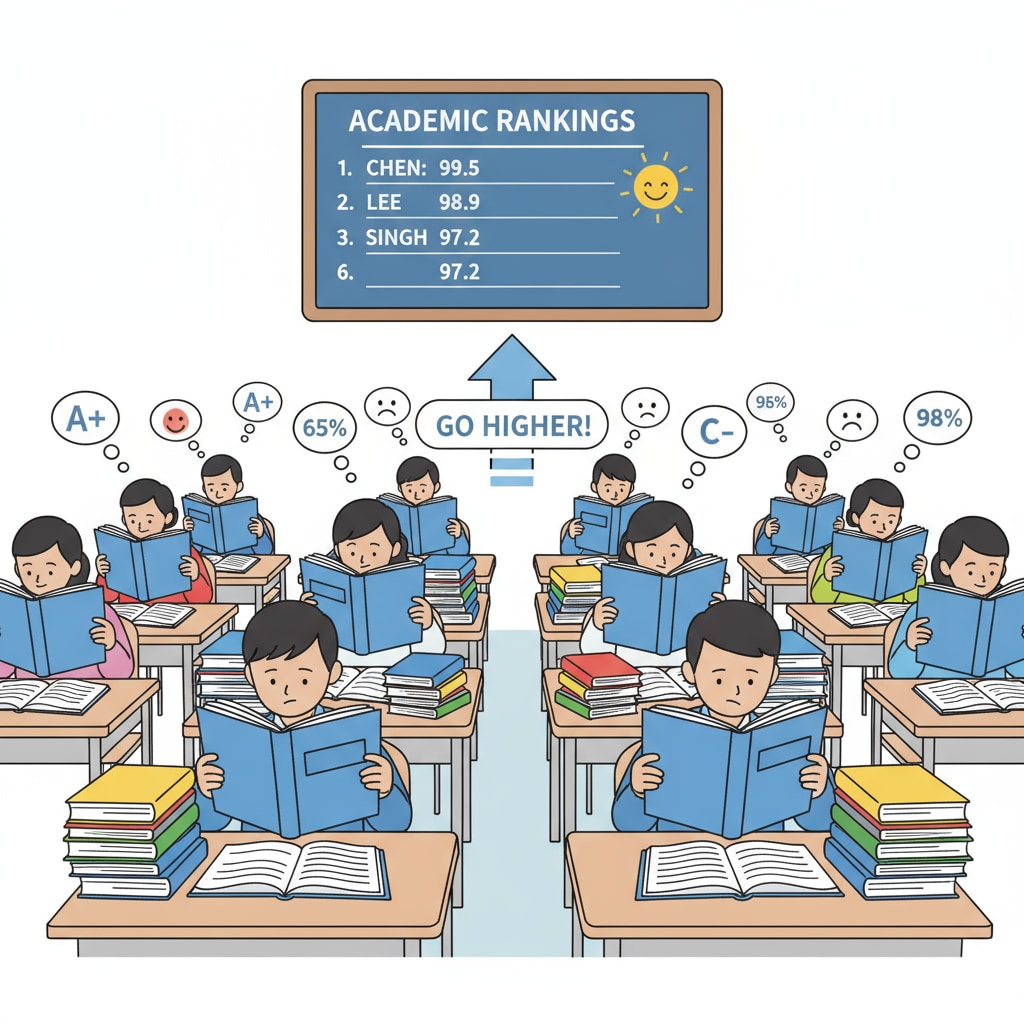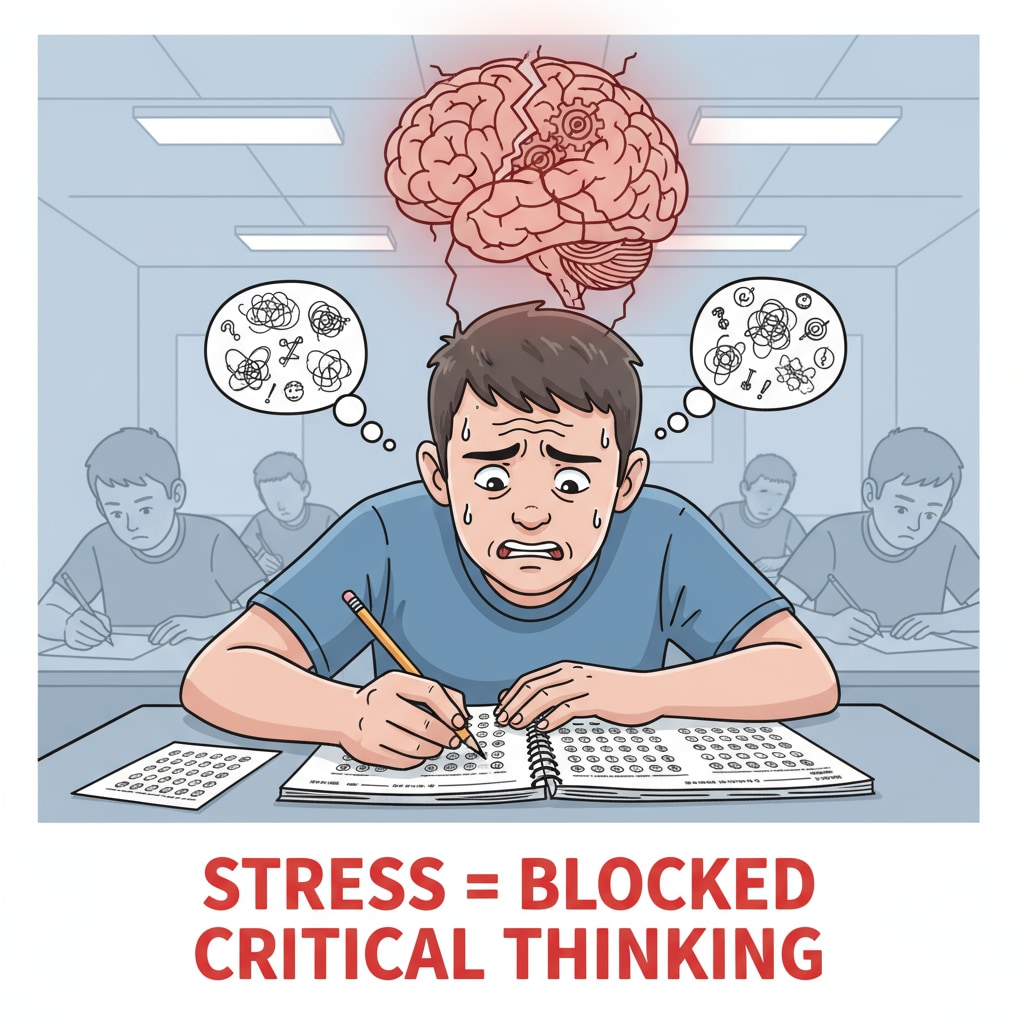In today’s secondary education landscape, the overarching focus on academic achievements has unfortunately led to a significant neglect of soft skills development, a situation closely intertwined with the influence of standardized tests and the stunting of students’ critical thinking abilities. Soft skills, which include communication, teamwork, and adaptability, are crucial for students’ future success in both personal and professional spheres. However, the current educational system seems to be missing this vital aspect.

The Root Causes of Soft Skills Neglect
The pressure to perform well in standardized tests is one of the primary culprits. These tests, which have become the yardstick for measuring students’ academic capabilities, often prioritize rote memorization and regurgitation of facts. As a result, schools and teachers are compelled to focus on preparing students for these exams, leaving little time for the cultivation of soft skills. For example, according to Britannica’s education section, the high-stakes nature of standardized tests forces educational institutions to streamline their curricula towards test-oriented content.
The Impact of Standardized Tests on Critical Thinking
Standardized tests have a detrimental effect on students’ critical thinking skills. These tests typically have fixed answers and time constraints, discouraging students from thinking deeply and exploring different perspectives. In a study by the National Education Association, it was found that students who were frequently exposed to standardized tests showed a decline in their ability to analyze complex problems. This lack of critical thinking development can hinder students in their future academic pursuits and in the workplace, where the ability to think independently and solve problems creatively is highly valued.

In addition to critical thinking, teamwork is another soft skill that is often sidelined. The competitive nature of standardized tests promotes individual performance rather than collaboration. Students are taught to work alone to achieve high scores, missing out on opportunities to develop important teamwork skills such as cooperation, communication, and leadership.
Readability guidance: As we can see, the current secondary education system has some significant flaws when it comes to soft skills development. However, there is hope for change. In the following sections, we will explore potential solutions to address these issues and create a more well-rounded educational environment for students.
Paths to Reform: Integrating Soft Skills Training
One solution is to incorporate soft skills training directly into the curriculum. For instance, schools can offer dedicated courses on communication, leadership, and problem-solving. These courses can be designed to be interactive, with activities such as group projects, debates, and role-playing. By doing so, students will have the opportunity to practice and develop these skills in a supportive environment. Another approach is to integrate soft skills training into existing academic subjects. Teachers can design assignments that require students to work in teams, communicate effectively, and think critically. This way, soft skills development becomes an integral part of the learning process, rather than an afterthought.
Moreover, educators need to be trained to recognize and foster soft skills in the classroom. Professional development programs can equip teachers with the knowledge and tools to incorporate soft skills training into their teaching methods. According to Wikipedia’s page on education reform, teacher training is a crucial factor in successful educational reforms. By empowering teachers, schools can ensure that soft skills are given the attention they deserve in the classroom.
In conclusion, it is high time that secondary education moves beyond the narrow focus on academic scores and recognizes the importance of soft skills. By addressing the root causes of soft skills neglect, understanding the impact of standardized tests, and implementing effective reform measures, we can create an educational system that prepares students for a successful future. Soft skills, critical thinking, and the right approach to standardized tests all play crucial roles in shaping well-rounded individuals ready to face the challenges of the real world.


